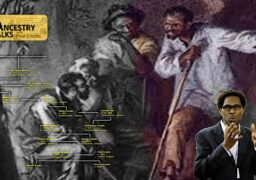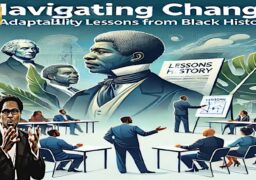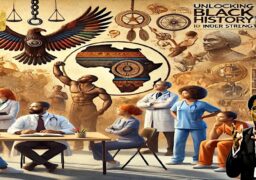
Migration is one of the great facts of human society. Its contribution to the making of the modern world cannot be overstated.
While historical writing in settler societies such as the USA and Canada has emerged over a long time period, European nations with rich migration histories, such as the UK, France and Germany, have more latterly recognised the centrality of population movements. There is great scholarly interest in the field and that will grow now as legacies of imperialism become much more directly entangled with the lives of immigrants in the countries they have settled.
Anti-racism: A British tradition
In Britain we have long been accustomed to the view that racism is endemic in society and, as recent events such as the Windrush scandal have shown, racism in Britain is often developed and perpetrated by the state and its institutions. Other recent events, particularly the Black Lives Matter demonstrations which took place from Land’s End to John o’ Groats in 2020 have highlighted a tradition of anti-racism that is perhaps much less known, or has been for too long hidden from history.
However, it should not be a surprise that as anti-African racism developed in Britain from the seventeenth century onwards and especially during the eighteenth century, a tradition of anti-racism also took root. This anti-racism was not just a philosophical trend, although that aspect was important, it was also a matter of practical politics and taking action against human trafficking, enslavement and empire.
It is also important to recognise that from this period onwards there are many instances of Africans themselves taking a stand against all aspects of anti-African racism. An obvious example from the eighteenth century would be the writing and organising of the famous African abolitionist Olaudah Equiano. It might even be argued that anti-racism reached a high point in the eighteenth century, not only with African struggles for liberation, opposition to human trafficking, the petitioning and boycotts of sugar that occurred throughout Britain, but also with the political orientation of the London Corresponding Society, which recognised that the struggle against racism and for the rights of Africans was inseparable from the struggle for the rights of all.
In this presentation Hakim Adi traces some of the key features of this tradition from the seventeenth and eighteenth centuries to Black Lives Matter in the twenty-first century.







